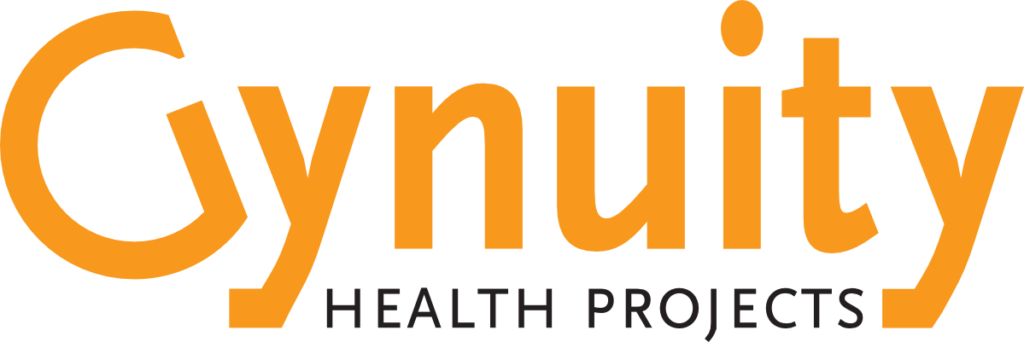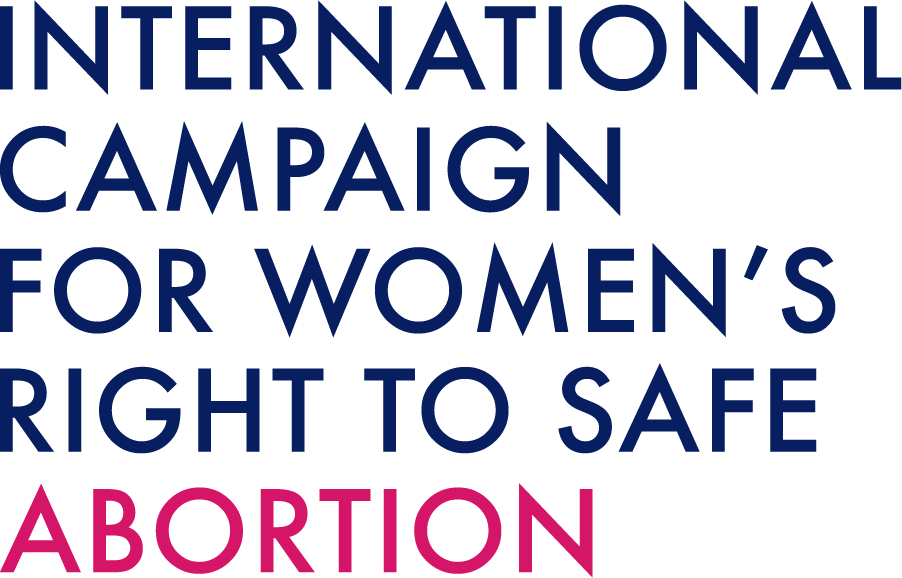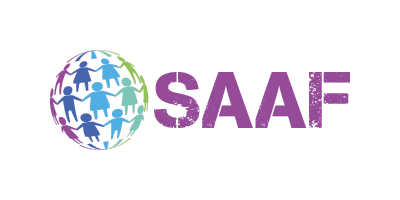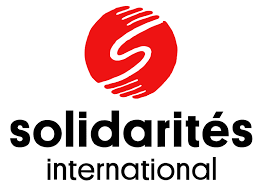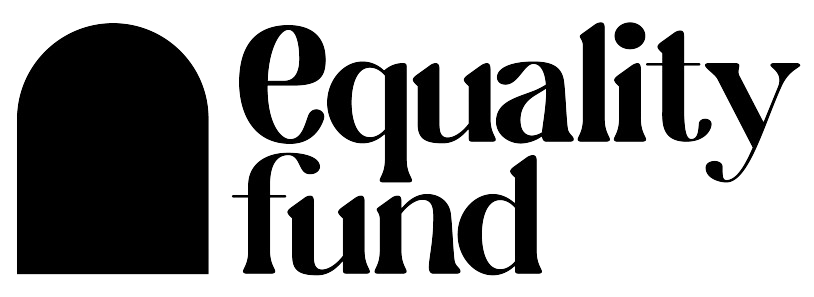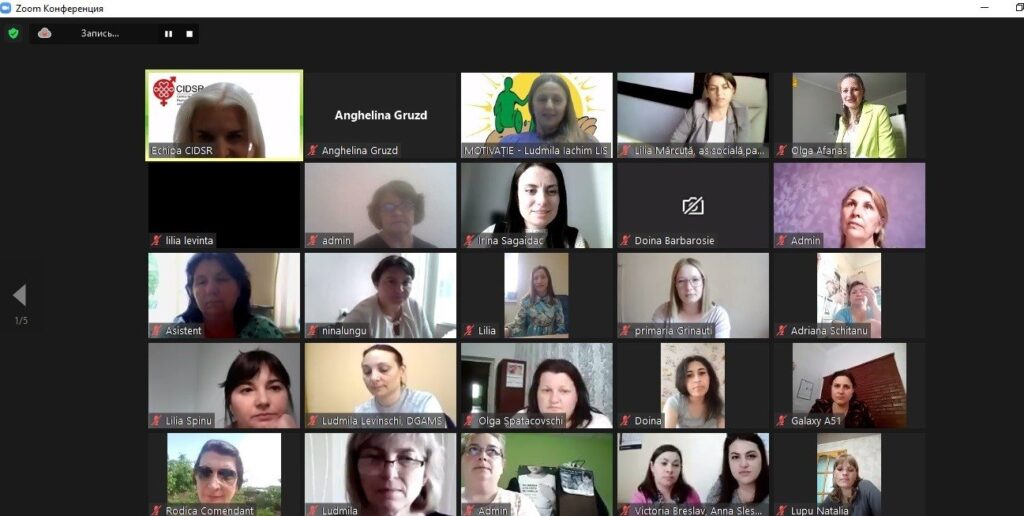
RHTC organized information sessions for social workers from all over the country focusing on sexual health and rights of girls/women with disabilities[:]
 Almost 500 social workers from most regions of Moldova took part in a training on the sexual and reproductive health and rights of people with disabilities. The training was part of online information sessions held on a wide scale between 8 and 10 June, organized by the Reproductive Health Training Center jointly with the Ministry of Labor and Social Protection of the Republic of Moldova, the National Agency for Social Assistance, Nicolae Testemitanu State University of Medicine and Pharmacy and MOTIVATIE Association of Moldova. This occurred as part of the “Inclusive and Accessible for All: A Multi-Component Approach to Advancing the Sexual and Reproductive Health and Rights of Women and Girls with Disabilities” project supported by the Embassy of Finland in Bucharest within the Fund for Local Cooperation.
Almost 500 social workers from most regions of Moldova took part in a training on the sexual and reproductive health and rights of people with disabilities. The training was part of online information sessions held on a wide scale between 8 and 10 June, organized by the Reproductive Health Training Center jointly with the Ministry of Labor and Social Protection of the Republic of Moldova, the National Agency for Social Assistance, Nicolae Testemitanu State University of Medicine and Pharmacy and MOTIVATIE Association of Moldova. This occurred as part of the “Inclusive and Accessible for All: A Multi-Component Approach to Advancing the Sexual and Reproductive Health and Rights of Women and Girls with Disabilities” project supported by the Embassy of Finland in Bucharest within the Fund for Local Cooperation.
Social workers have enhanced their knowledge of reproductive health and its components from the perspective of disability (safe motherhood, contraception, cervical cancer prevention, etc.), sexual and reproductive rights of people with disabilities, abuse prevention, services and facilities in terms of SRHR available to their beneficiaries with disabilities. Social workers have also strengthened their capacity to provide appropriate guidance to girls and women with disabilities so they can get the relevant care and support they need.
The project has already provided trainings on empowering girls/women with disabilities to exercise their sexual and reproductive rights and to encourage other women and girls with disabilities to do the same as trainers in their own communities.
However, for a truly multi-component approach to the matter, the RHTC aims to train and inform those who work and communicate directly with people with disabilities, so that they can continue to be supported and empowered to exercise their rights.
In the context of a previous situation analysis, Dr. Rodica Comendant, Reproductive Health Training Center CEO, spoke about assessing the problems faced by people with disabilities in exercising their sexual and reproductive rights and said, “One third of people with disabilities said they wanted social workers to come to them with this information. That is what motivated us to include you in this information session”.
One of the training participants, Mrs. Lidia Voronco, social worker, gave her opinion: “There are many beneficiaries who have more trust in the social worker than in the family doctor to share personal issues”.
The project will follow with similar information activities to be held for primary health care providers as well as healthcare staff.
Below you can find the agenda, presentations from the information sessions, as well as full recordings of the online events.
- Agenda Sesiune de Informare în DSSR pentru asistenți sociali
- Suport informațional pentru asistenți sociali
Presentations:
- Scopul și obiectivele sesiunii de informare
- Rezultatele Analizei situaționale a problemelor femeilor, fetelor cu dizabilități ale aparatului locomotor din Moldova în exercitarea drepturilor sexuale și reproductive, Rodica Comendant
- Sănătatea reproductivă și componentele acesteia din perspectiva dizabilității. Drepturile sexual-reproductive a persoanelor cu dizabilități, Irina Sagaidac
- Mituri și realități despre persoane cu dizabilități. Steriotipuri și prejudecăți, Ludmila Iachim
- Formele, particularitățile și consecințele abuzului sexual, Olga Afanas
- Spații publice, spații private. Spații intime. Cercul intimității, Olga Afanas
[:]




